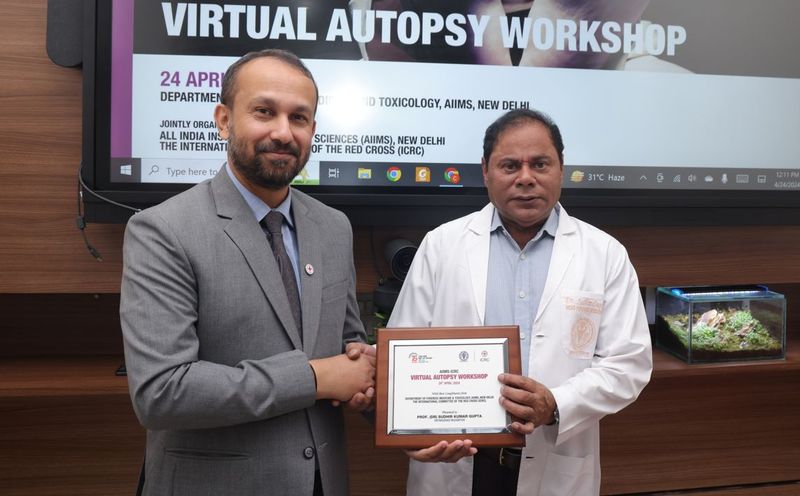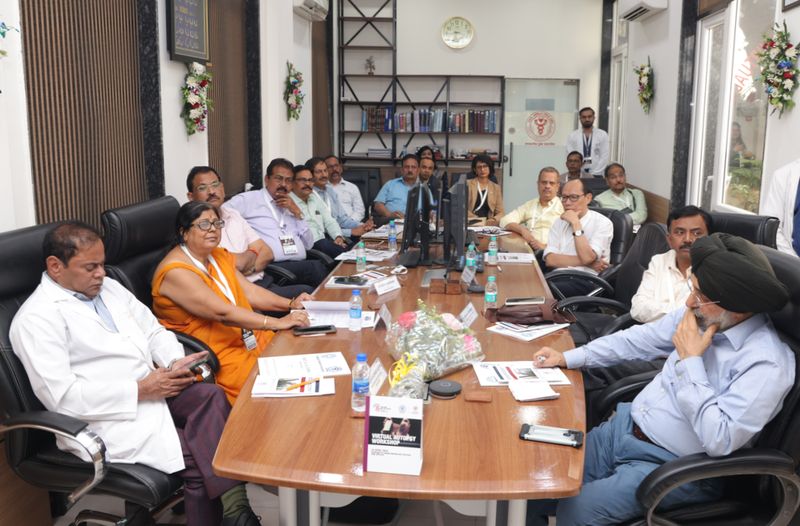When disasters, emergencies, and their aftermath occur, cultural notions significantly impact the management of the deceased and their families who have lost their loved ones. The connection between a person and their faith lasts long after death, and religious beliefs often affect how a deceased should be treated. Respect for distinct religious perspectives is part of International Humanitarian Law (IHL), which includes how the deceased should be treated in a dignified manner and, if feasible, handled according to their religion’s practices. During the conflict, the provisions under the Geneva Convention allow the deceased to be cremated on the grounds of health, religion, or personal preference. The death certificate or confirmed list of the deceased must include details of the circumstances and reasons for cremation. The use of cremation in this type of situation allows for the preservation of records of the deceased, allowing them to be recognized later on by the families looking for information.
For instance, during the COVID pandemic, ICRC operations across the globe collaborated with medico-legal specialists to ensure that the bodies of COVID-19 fatalities were treated securely by providing expert advice, training, and supplies.
Against this background, in partnership with the Department of Forensic Medicine and Toxicology (FM&T), the ICRC organized a one-day Virtual Autopsy Workshop at the All India Institute of Medical Sciences (AIIMS) in New Delhi on April 24. It focused on the practice of respectful care of the dead via a non-invasive technique and an approach that considers cultural sensitivities while treating the body with dignity and providing a humanitarian alternative to standard autopsy.
Senior forensic medicine practitioners from premier institutions under the central and state governments in different parts of India and a forensic specialist from Nepal’s Institute of Medicine (IoM) attended the event. AIIMS New Delhi, AIIMS Rishikesh, Regional Institute of Medical Sciences (RIMS) in Imphal, Regional Hospital in Kolkata, Indira Gandhi Institute of Medical Sciences (IGIMS) in Patna, Tomo Riba Institute of Health and Medical Sciences (TRIHMS) in Arunachal Pradesh, King Edward Memorial (KEM) Hospital and Seth Gordhandas Sunderdas Medical College (GSMC) in Mumbai, Post Graduate Institute of Medical Education and Research (PGIMER) in Chandigarh, Tata Memorial Hospital in Jamshedpur and Employees’ State Insurance Corporation (ESIC) Medical college & Hospital, were amongst several other participants at the workshop.
The programme included sensitization sessions, relevant case presentations, and experience and knowledge exchange based on humanitarian forensic action principles that emphasize cultural and religious considerations in handling the deceased. With the support of the ICRC’s forensic unit, the technical sessions were led by AIIMS New Delhi, Forensic Medicine & Toxicology (FM&T) department. The gathering of senior national practitioners discussed the significance of existing advances in addressing cultural and religious concerns using non-invasive postmortem procedures. Additionally, the deliberations highlighted the psychological effects that the bereaved families may experience in various situations and scenarios when a traditional autopsy may be seen jeopardizing the deceased’s dignity and having consequences for their loved ones.
Through such workshops and engagements, the ICRC continues its capacity-building, sensitization, and assistance efforts to streamline the procedures involved in increasing the possibility of identifying the unidentified deceased.






